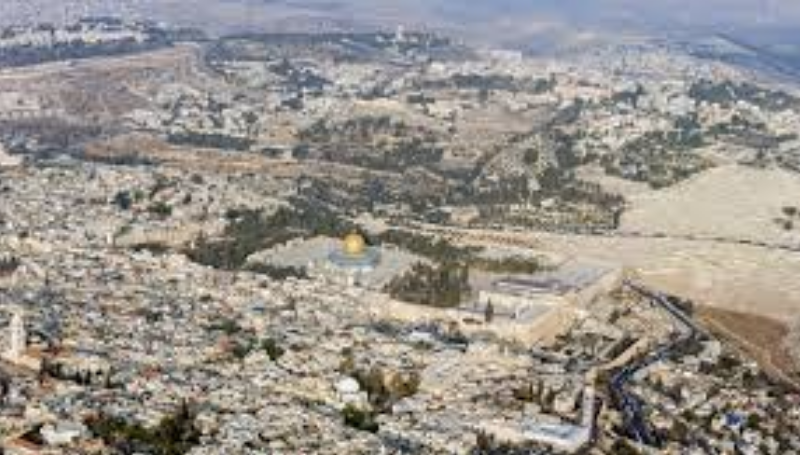‘
Menachem Begin and Neil Rogachevsky
Mosaic, May 14, 2020
“And the day came that we redeemed Jerusalem, and we have dug into its dirt, and we have walked the path and so we have seen the Gates of Ḥuldah [that lead into the Temple].”
Before World War II, Brisk (a/k/a Brest or Brest-Litovsk), a city of 300,000 in what is now Belarus, had been for centuries one of the most vibrant centers of Jewish life in the world, known especially for its rabbis and scholars, and, by the early 20th century, also for being an important hub of Zionist politics and activism. All this activity ended swiftly with the war, when the city was one of the first to fall to the Third Reich during its 1941 invasion of the Soviet Union. The Nazis not only put an end to Jewish activity in Brisk, they sought to erase the Jews themselves. Over the course of a few days in October 1942, most of the remaining Jews of Brisk—nearly 20,000 in number—were murdered by the Nazis and their accomplices.
Thirty years later, in 1972, an association of former residents of Brisk by then living in Israel held a commemorative event for the martyred Jews of their home. The keynote address was given by the then-leader of Israel’s political opposition, Menachem Begin, who would five years later become the country’s prime minister.
Born in Brisk in 1913, Begin had lost both of his parents and a brother in the Holocaust. His speech pays tribute to and commemorates not only family and friends, but the community as a whole. Through extensive personal recollection and poetic imagery, Begin evokes a lost world not only of Brisk but of prewar East European Jewry more generally.
To view the original article, click here


